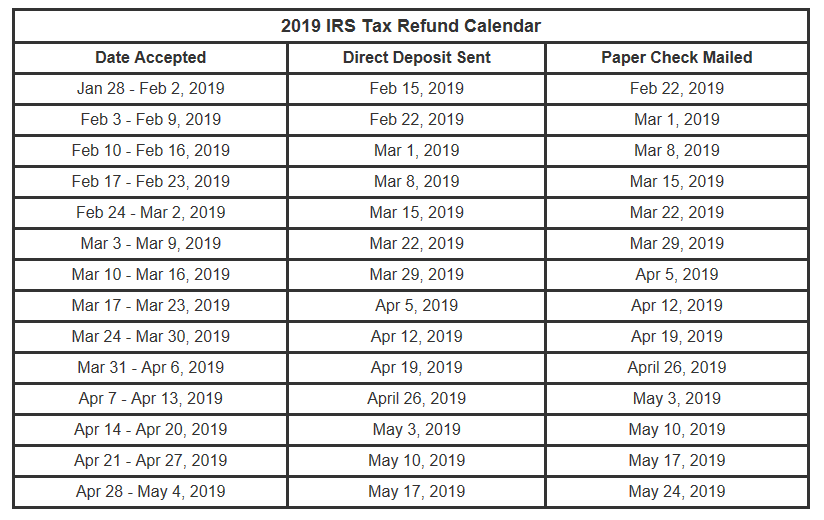A list of tax codes shows different codes used by governments to categorize taxes. Each code represents a specific type of tax, such as income tax or sales tax.
Confused about tax codes? Let’s decode them together! Dive into the world of tax codes and unravel their meanings. From “BR” to “NT,” we’ll demystify each code’s significance step by step. Get ready to master your tax knowledge and navigate the system with ease!
Explore the List of Tax Codes and unravel their meanings with ease. Each code represents specific tax regulations and allowances. From basic rates to intricate exemptions, this list clarifies the complexities of taxation. Navigate your tax obligations effortlessly with this comprehensive guide.
introduction to Tax Codes
Tax codes serve as a unique identifier assigned to each taxpayer by the relevant tax authority, such as HM Revenue and Customs (HMRC) in the UK. These codes determine how much tax should be deducted from an individual’s income. They consist of letters and numbers, each carrying specific significance regarding the taxpayer’s circumstances and tax obligations.
Understanding the Structure of Tax Codes
Tax codes typically follow a specific format, with each component providing valuable information to both taxpayers and employers. For example, the letters denote various tax allowances and adjustments, while the numbers represent the amount of income that can be earned before tax is applied. By deciphering these codes, taxpayers can gain insight into their tax liabilities and take necessary actions to ensure compliance.
Common Tax Codes and Their Meanings
BR, D0, NT, L, M, K, S, W1, W2 – these are just a few examples of the myriad tax codes in existence, each carrying its own implications for taxpayers. Understanding the meanings behind these codes is essential for accurately interpreting tax documents and statements received from employers or HMRC. From basic tax rates to special allowances and deductions, each code sheds light on different aspects of an individual’s tax affairs.
How Tax Codes Are Assigned
The assignment of tax codes is not arbitrary but based on a variety of factors, including an individual’s income, employment status, and entitlement to certain tax reliefs or benefits. HMRC uses information provided by taxpayers, employers, and other sources to calculate and allocate appropriate tax codes. It’s crucial for taxpayers to ensure the accuracy of the information HMRC holds about them to avoid potential discrepancies in their tax codes.
Impact of Personal Circumstances on Tax Codes
Life events such as marriage, civil partnership, or changes in employment status can have a significant impact on tax codes. For example, married couples may be eligible for marriage allowance transfer, allowing one partner to transfer a portion of their unused personal allowance to their spouse. Similarly, individuals receiving benefits or other sources of income may see adjustments to their tax codes to reflect these changes in circumstances.
Updates and Changes to Tax Codes
Tax codes are not set in stone but subject to periodic updates and revisions by HMRC. These updates may occur annually or more frequently in response to changes in tax legislation or individual circumstances. It’s essential for taxpayers to stay informed about any changes to their tax codes and take appropriate action to ensure their tax affairs remain accurate and up-to-date.
Challenges and Errors in Tax Codes
Despite efforts to maintain accuracy, errors in tax codes can occur, leading to potential underpayment or overpayment of taxes. Common errors include incorrect personal information, misinterpretation of income sources, or failure to account for relevant tax reliefs or allowances. Identifying and rectifying these errors promptly is essential to avoid potential financial penalties or complications with HMRC.
Tax Code Adjustments Throughout the Year
Taxpayers’ circumstances may change throughout the year, necessitating adjustments to their tax codes. These changes could result from factors such as changes in employment, additional sources of income, or changes in marital status. It’s essential for taxpayers to notify HMRC promptly of any changes to ensure their tax codes accurately reflect their current circumstances and avoid potential issues with tax compliance.
Importance of Understanding Your Tax Code
Understanding your tax code empowers you to take control of your tax affairs and ensure compliance with tax laws and regulations. By familiarizing yourself with the meanings and implications of your tax code, you can identify potential errors, maximize available tax reliefs and allowances, and make informed decisions about your financial affairs. Ultimately, understanding your tax code can help you avoid costly mistakes and ensure you pay the right amount of tax.
Resources for Further Assistance and Information
HMRC provides a wealth of resources and support services to help taxpayers understand their tax codes and navigate their tax obligations effectively. From online guides and calculators to helplines and local tax offices, taxpayers can access a range of tools and assistance to address any questions or concerns they may have about their tax codes.
Conclusion
In conclusion, tax codes play a crucial role in the taxation system, serving as a key determinant of individuals’ tax liabilities. By understanding the structure, meanings, and implications of tax codes, taxpayers can ensure accurate tax calculations, avoid potential errors or discrepancies, and take control of their tax affairs. Staying informed about changes to tax codes and seeking assistance when needed are essential steps in maintaining compliance and financial security.
